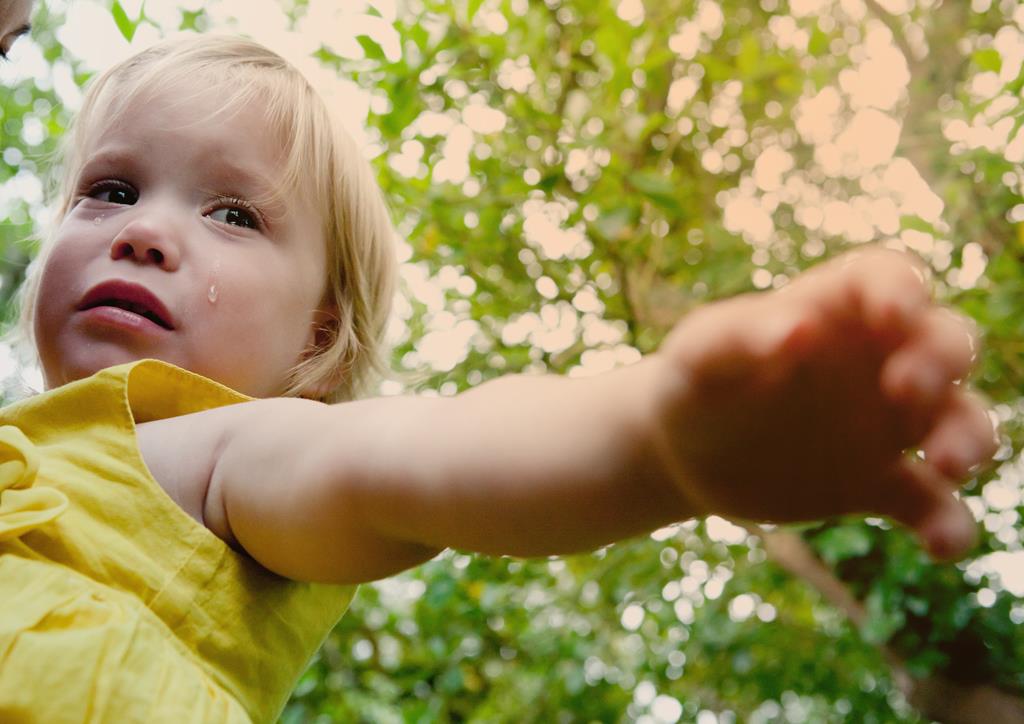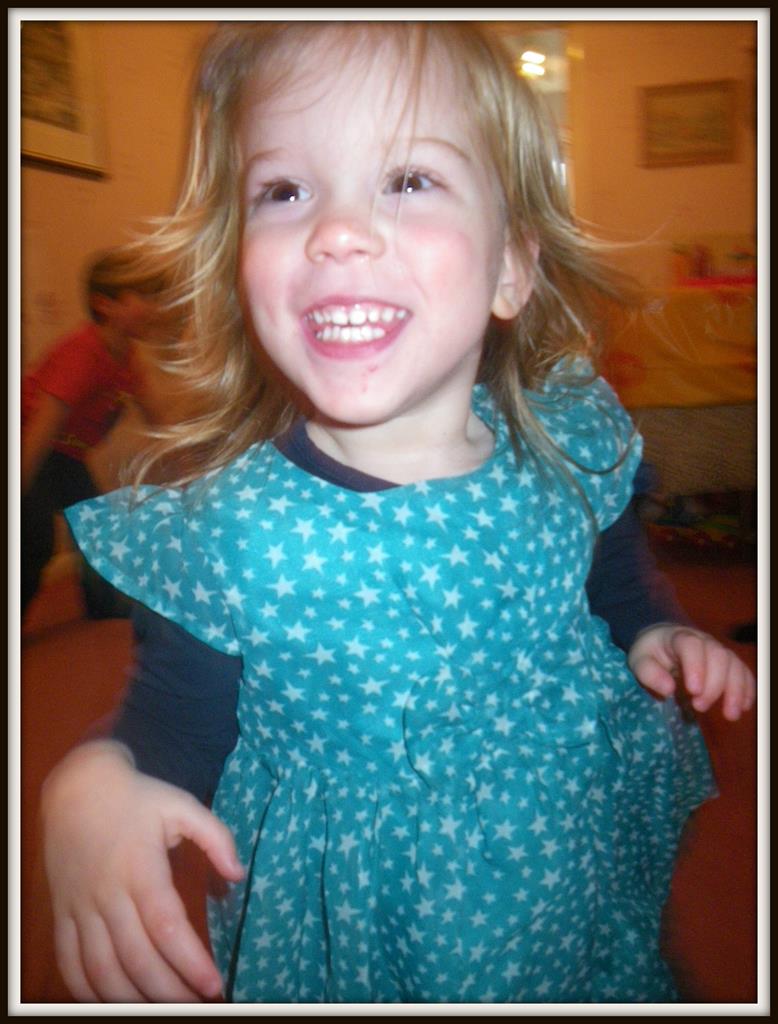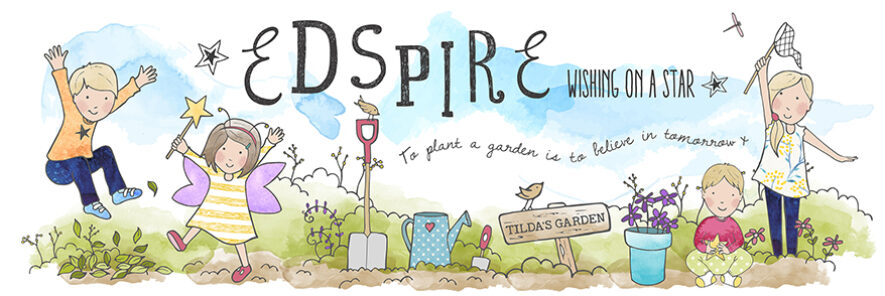Have you ever met someone who seems to have it all figured out?
They may have their life in order, but it’s more than that. They seem to know just what to say and when to say it. They don’t get rattled. What’s their secret? Emotional intelligence.
Now, imagine that emotional intelligence is a gift you can wrap up and give your child. They’d basically be set for life.
Why emotional intelligence is important
Emotional intelligence is probably the most important skill we can learn, but it’s rarely taught. If you were lucky, you were born to parents with high emotional intelligence, and you learned self-awareness, empathy and social skills by example.
When you’re emotionally intelligent, you understand your own emotions and how to handle them. This may mean that you don’t get frazzled or throw a fit when things don’t go your way. Instead of crying in your Cheerios, you remain calm and strong enough to handle whatever needs to be done.
When you’re emotionally intelligent, you also understand other people’s emotions. When someone else acts in anger or frustration, you can easily forgive because you can employ empathy.
Emotional intelligence is important whenever you have to face personal challenges or interact with other people. It’s a skill you need for all areas of life, including relationships and your career.
In the absence of emotional intelligence, kids are left to find their own ways to handle things, and that often leads to unhealthy coping mechanisms. Unhealthy coping mechanisms can include anything from emotional shut downs to substance abuse, but none of these things are productive.

How to teach children emotional intelligence
Some children struggle with emotional intelligence more than others, but there’s no doubt that it’s important for everyone. Here are a few ways you can teach your children about emotional intelligence.
Talk about issues – Generally speaking, you know when something has affected your child. Use these situations as teachable moments and talk about feelings. The first step to becoming emotionally intelligent is understanding your own emotions.
Start from a young age and talk about your child’s feelings as you see them happening. If she seems overwhelmed, help her identify that feeling and talk about potential solutions. If she’s feeling angry, ask her why, and then help her work through her anger in a healthy way.
You can also use your own feelings for teachable moments. For example, if your child is doing something that’s frustrating to you, talk about how you’re feeling and why. Understanding and learning to anticipate other people’s feelings will help your child develop a greater sense of empathy.
Brainstorm solutions – Part of being a parent is pretending you have it all figured out. Of course, there are times when we have the answers and times when we’re just doing our best. Fortunately, this is one of those times when we can take a bit of a breather. When it comes to figuring out how to handle emotions, you don’t have to have all the answers. Approach each conversation as a brainstorming session where you can talk about how your child may be able to do things differently for a better outcome. When he’s part of the solution, he’s more likely to want to address any problems. Also, you’ll give him something to focus on other than his emotions (a solution).
Get involved in your community – One of the best ways to build empathy is to spend time caring for others with your child. Volunteering is a great way to do this. Choose a volunteer opportunity that you think your child will enjoy, but make it something where you’re supporting others.
Here are some ideas for volunteer opportunities that can help build empathy:
Big Brother/Big Sister
Serving food at soup kitchens
Building with Habitat for Humanity
Donating food
Deliver meals with Meals on Wheels

Every child can benefit from learning about emotional intelligence, so don’t delay in talking to your kids about this important life skill.

Such an important subject:) I went to a this week by Victor Allen put on by a school, was fascinating – he has a book about it https://www.victorallen.co.uk and does a lot of work with teachers/schools/kids – I had not read/heard too much about it until this week, but so crucial for teachers and parents to know about.
This is such a great post. It’s something I worry about really, I don’t think I deal with my own emotions particularly well so I’m not sure how to teach my children about it. I recently met someone who was the sort of person you described. She was just so easy to talk to and had it all sussed out. I would love my children to grow up to be like that but they won’t naturally pick that up from me, so it’s something I need to think about.
Nat.x